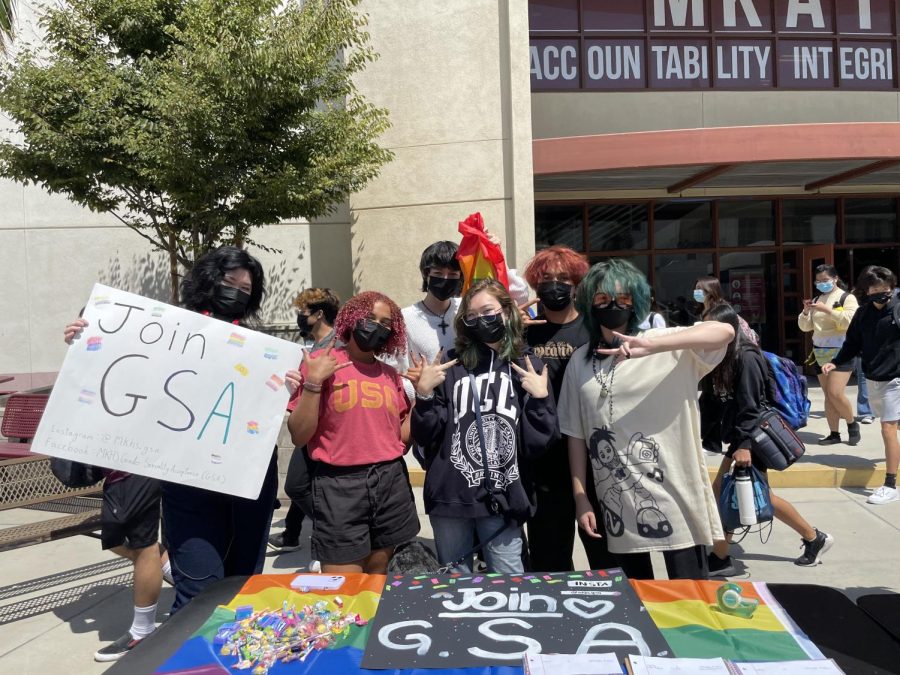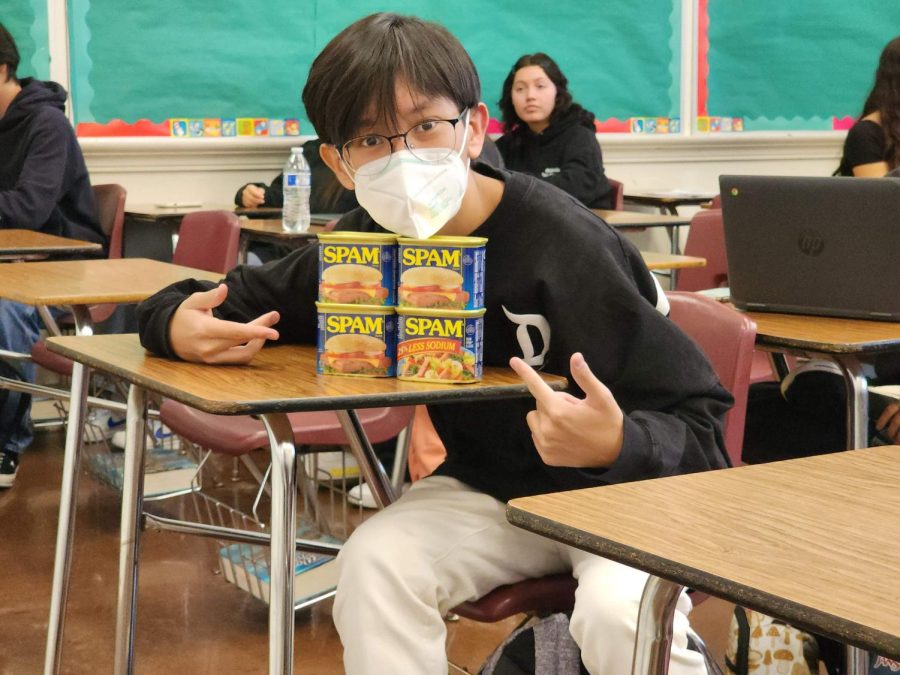The Mental Health Generation
April 28, 2023
Accounting for an estimated 68.6 million people in the United States alone, Gen Z is proven to be the generation with the most mental health-related issues to date. Generation Z, also known as Gen Z, is made up of people who were born between the years 1997 and 2012, and they populate Keppel’s hallways and classrooms. Growing up with advanced technology, such as phones and the Internet, has given us a great advantage in the modern world, but they have also caused us to be, statistically, the most depressed and anxious group to date.
Poor mental health can heavily influence one’s school life, and the ability to accomplish everyday tasks. According to the American Psychological Association (APA), about 81% of Gen Z teens experienced elevated stress during the COVID-19 pandemic. Considering the pandemic was a difficult time to socialize with people, it’s easy to see how teens felt isolated or lonely at the time. Not only did it affect their socialization with peers, but remote learning and the loss of jobs also contributed to the stress of people from every generation, not just Gen Z.
Social media plays a huge role in mental health as well, as it promotes negative comments and cyberbullying. Apps such as Instagram, Twitter, and Tiktok, are infamous for being platforms where people are able to express whatever they have in mind, no matter how negative they are. Usually leading to pointless arguments, insults, and even death threats, just witnessing or participating in social media discourse can be draining to one’s mental health. Multiple studies have found that increased usage of social media often leads to a higher risk of depression, anxiety, loneliness, and even suicidal thoughts. On top of that, social media comments also affect one’s way of thinking, since many negative comments revolve around appearances, which can cause insecurities to arise.
When asking students at Mark Keppel if they feel comfortable with talking to an adult about their struggles/mental health, the majority answered no. One 9th-grade student, who requested to remain anonymous, said, “Schools can try creating a safer environment where students are comfortable with reaching out for help. Most students are scared of their parents being notified about it if they reach out to someone at school.” Schools can try to fix this by ensuring that the information revealed between staff and students is confidential and build trust within the community. Normalizing the discussion of mental health and creating a comfortable environment can help students tremendously, as it allows students to feel like they’re not alone.
Mental health should be a priority, as it’s just as important as education and physical health. Discussing mental health, and spreading awareness about it, can encourage people to seek the assistance they need, such as therapy or counseling, in order to stay healthy. Maintaining a healthy state of mind will not only affect the well-being of one, but it would also create a better working environment, as well as inspire people to carry on doing simple everyday tasks.
















